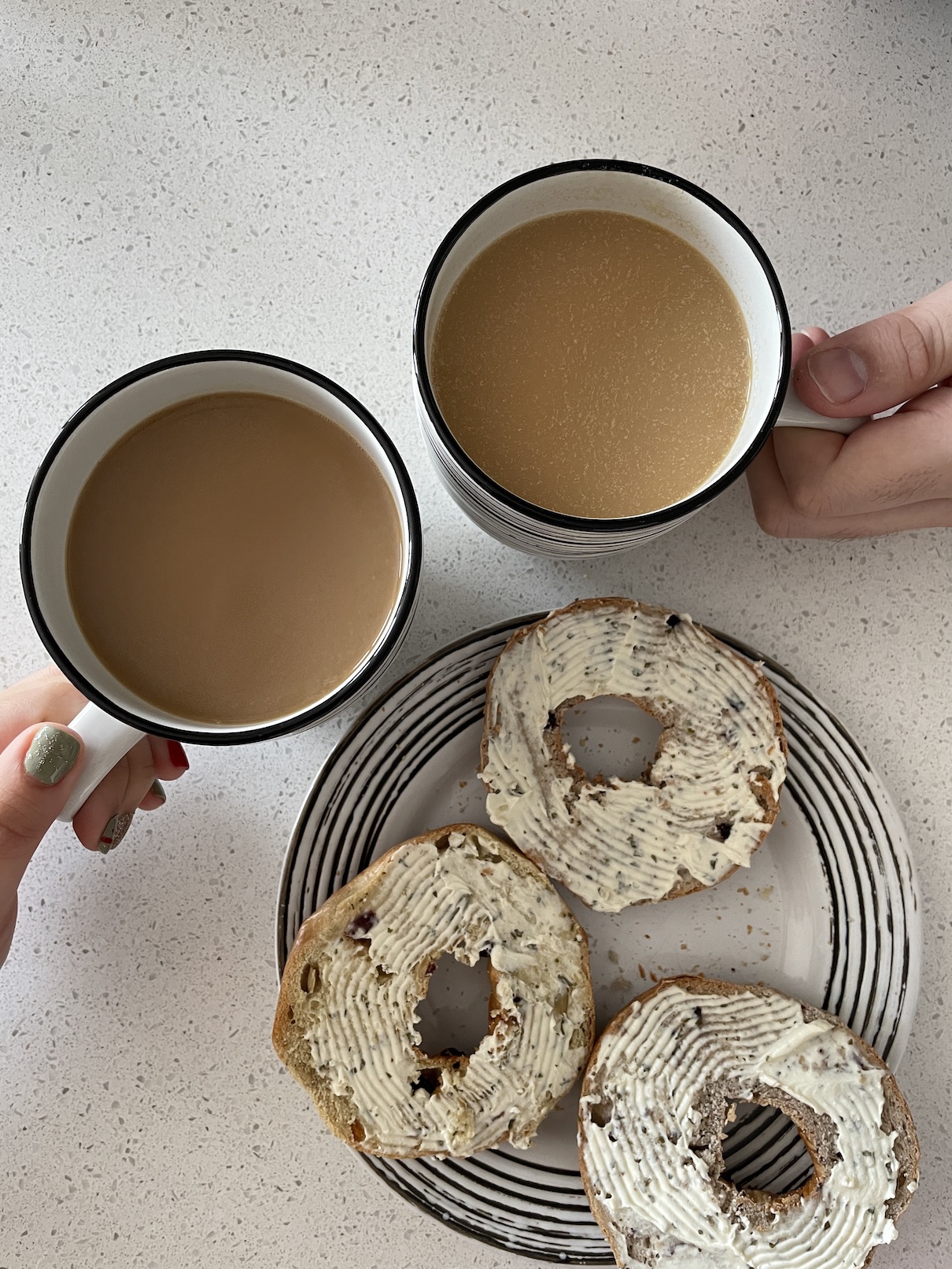Have you ever felt the pressure to always have all the answers? In a world where knowledge is at our fingertips, admitting “I don’t know” might seem like a sign of weakness or incompetence.
But what if I told you that embracing these three simple words could be one of the most liberating actions in your life? Let’s dive into the profound impact of acknowledging our own limits and discover how it can lead to a healthier, more honest, and more productive existence.
Breaking the Myth of Perpetual Knowledge
In many cultures, being knowledgeable is equated with success and competence. From academic achievements to workplace expectations, we’re often pressured to have all the answers.
However, this unrealistic expectation can lead to significant stress. Imagine the freedom and relief that comes with letting go of this burden. By saying “I don’t know,” we open ourselves up to a world where it’s okay not to have all the answers all the time, which can be incredibly freeing.
The Social Construct of “Knowing”
You’ve probably noticed how people nod along in meetings, pretending to understand jargon or concepts they haven’t grasped. It’s almost a social dance we’re all expected to participate in.
But the truth is, when someone breaks that cycle with a candid “I don’t know,” it often brings a sense of relief to everyone involved. It’s like giving permission to others to admit the same, fostering an environment where genuine learning and honesty are valued over superficial knowledge.
Psychological Relief
There’s a tangible psychological benefit to admitting ignorance. It reduces the cognitive load of keeping up pretenses and the anxiety associated with being discovered as a fraud (hello, imposter syndrome!). Embracing the comfort of “I don’t know” can lead to a healthier mindset where we assess our capabilities more realistically and without self-judgment.
The Honesty of Uncertainty
Acknowledging what we don’t know isn’t just about easing personal anxiety; it’s about building trust. When you’re honest about your limitations, people tend to trust your yeses and nos more because they know you’re not just trying to appease or impress them.
Building Trust Through Honesty
Think about the last time someone admitted they didn’t know something to you. Chances are, it increased your trust in them because they showed authenticity. In both personal and professional settings, this honesty can strengthen relationships, as it lays a foundation of trust and mutual respect.
Fostering a Culture of Learning
When leaders or peers openly admit their knowledge gaps, it sets a powerful example: it shows that it’s okay not to know everything and that asking questions is not only allowed but encouraged. This can create a more open, inquisitive work environment and enhance teamwork and collaborative problem solving.
Enhancing the Learning Process
The phrase “I don’t know” is not a full stop but a gateway to deeper understanding and knowledge. Admitting ignorance is the first step in learning, sparking curiosity and the pursuit of knowledge.
Embracing a Growth Mindset
Carol Dweck’s concept of a growth mindset revolves around the belief that abilities can be developed through dedication and hard work. By saying “I don’t know,” we align ourselves with this mindset, acknowledging that there is always room for growth and improvement. This perspective encourages us to embrace challenges and persist in the face of setbacks while learning more authentically.
Curiosity as a Driver of Exploration
When we admit we don’t know, we give ourselves permission to ask questions, seek information, and explore. This not only enriches our understanding but also makes the learning process more engaging and less burdensome. Curiosity driven by an admission of ignorance can lead to discoveries and innovations that were previously unimaginable.
Impact on Decision-Making and Problem-Solving
In decision-making, the courage to admit ignorance can lead to more thoughtful and informed choices. When we acknowledge our knowledge gaps, we’re more likely to seek input and consider alternative perspectives, leading to more robust and effective solutions.
Encouraging Informed Decisions
When you say “I don’t know,” it’s an invitation to others to provide their expertise. This can significantly enhance the decision-making process, as it combines multiple viewpoints and leads to more comprehensive solutions.
It avoids the pitfalls of making decisions based on incomplete or incorrect information, which is crucial in both personal and professional contexts.
Collaborative Problem Solving
Admitting what we don’t know opens the door for collaborative efforts. It encourages a team approach to problem-solving where the focus shifts from who is right to what is right. This can enhance the creativity and efficiency of solutions, as diverse perspectives are more likely to cover all angles of a problem.
Reducing Stress and Promoting Mental Health
The ability to admit “I don’t know” can significantly decrease stress levels. By removing the pressure to appear all-knowing, we can prevent the mental strain that comes with it, promoting better overall mental health.
Alleviating Performance Anxiety
The expectation to know everything can be a heavy burden, especially in high-stakes environments. By embracing uncertainty, we reduce the anxiety associated with needing to perform at an unrealistic standard. This can lead to a more relaxed, healthier work environment and improve our overall wellbeing.
Vulnerability and Emotional Wellbeing
Vulnerability is a strength, especially when it comes to mental health. Admitting we don’t know can make us more approachable and relatable, fostering deeper connections and support systems that are crucial for emotional wellbeing.
Encouraging a Culture of Inquiry and Openness
By saying “I don’t know,” we can help cultivate an environment where curiosity and openness are valued over simply having the right answers. This can transform workplaces and educational settings into more dynamic and innovative spaces.
Promoting Continuous Learning
An environment that accepts and even encourages “I don’t know” is one that promotes lifelong learning. This approach helps maintain an adaptive mindset and prepares individuals and organizations for the ever-changing demands of the modern world.
Creating an Open and Inclusive Atmosphere
In settings where “I don’t know” is accepted, people feel more comfortable expressing their thoughts and asking questions. This openness can lead to greater inclusivity and a more supportive community where everyone’s views and questions are valued.
Navigating Uncertainty in the Digital Age
In today’s fast-paced, information-saturated world, admitting we don’t know something can be particularly powerful. It allows us to navigate the overwhelming flood of information with honesty and integrity.
With the vast amount of information available online, it’s impossible to know everything. Recognizing and admitting this can help mitigate the paralysis that often comes with decision fatigue, making it easier to focus on what truly matters.
Embracing Uncertainty as a Strength
In the digital age, where opinions and “facts” are plentiful, embracing the strength in saying “I don’t know” can set us apart. It shows that we are thoughtful, considerate, and open-minded—qualities that are increasingly important in a world full of noise.
Embracing the phrase “I don’t know” is not about glorifying ignorance, but about celebrating the pursuit of knowledge and the acceptance of our human limitations. It’s a practice that can lead to more honest interactions, reduced stress, and a deeper connection to the world around us.
Let’s take pride in our ability to admit when we don’t have the answers, and view each occurrence as an opportunity to learn and grow.
















